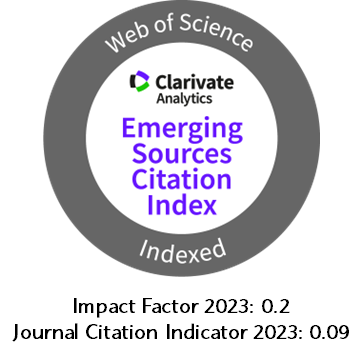Digital transformation of russian economy: challenging the highest rank in the global innovation development
DOI:
https://doi.org/10.5377/nexo.v34i01.11286Keywords:
digital economy, innovation development, digital platforms, cloud solutionsAbstract
A simple prognostic method was applied to estimate the percentage ratio of the digital economy in Russia’s GDP relying on technology solutions expenditure and sectoral investment. The research indicates a significant impact of Russia’s digital sector on innovation development in B2B, B2G, and B2C segments. The prognostic analysis shows the extension of on-line education, social networking, e-commerce, private and corporate banking, and end-to-end technology solutions in manufacturing. The findings point at the opportunity for the sectoral investment extension and steady annual growth 7-8 % in the next few years. Due to requirements on updating the technological solutions in the related public services, the digital sphere can support the annual growth in the national economy by 1,0-1,2 % until 2024. Respectively the digital economy in Russia will be growing faster the world's average to provide the sector’s contribution of 8,0-8,1 % in GDP by 2024. The findings show the digital platforms are becoming a driver for innovation development integrating the production process, cloud resources, data analysis, and e-learning services. The research contains hints on improving the research efficiency and winning the talent battle that promises to improve the country’s global innovation and economic ranks.
Downloads
747
Downloads
Published
How to Cite
Issue
Section
License
The authors who publish in Nexo Scientific Journal agree to the following terms:
- Authors retain the copyright and grant the journal the right of the first publication under the license Creative Commons Attribution License, which allows others to share the work with a recognition of the authorship of the work and the initial publication in Nexo Scientific Journal.
- Authors may separately establish additional agreements for the non-exclusive distribution of the version of the work published in the journal (for example, in an institutional repository or a book), with the recognition of the initial publication in Nexo Scientific Journal.
- Authors are allowed and encouraged to disseminate their works electronically (for example, in institutional repositories or in their own website) before and during the submission process, as it can lead to productive exchanges, as well as earlier and greater citation of published works.











